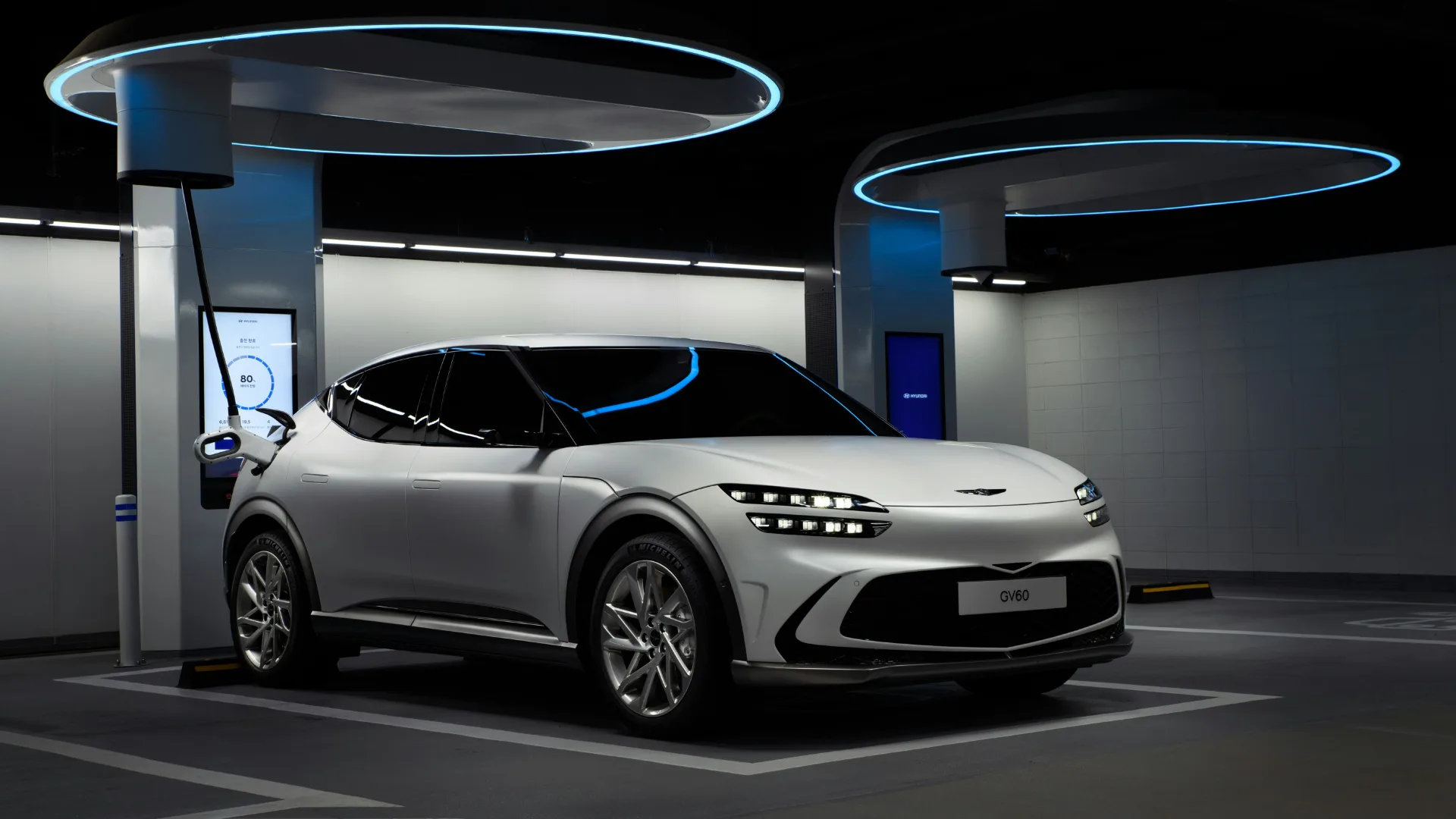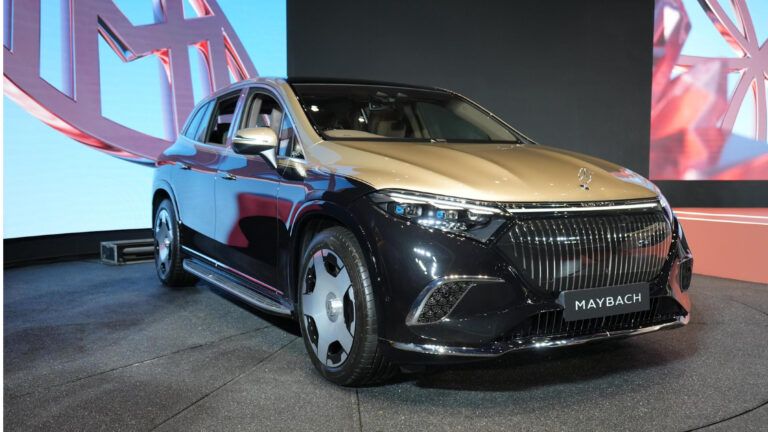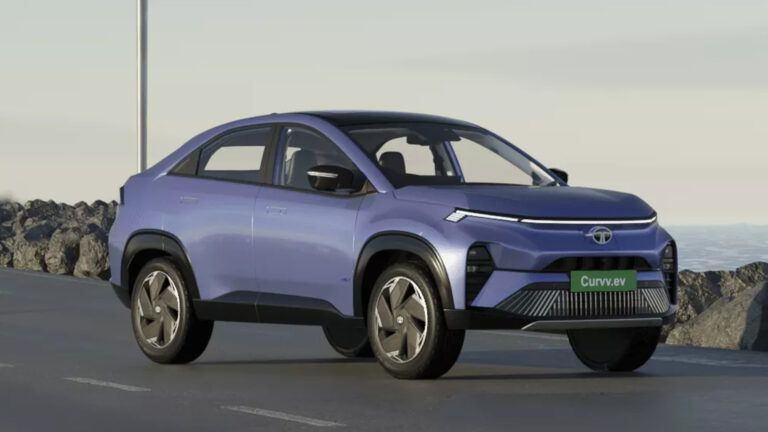On Tuesday, Adani Electricity Mumbai Ltd announced plans to set up 8,500 electric vehicle (EV) chargers in 4,000 residential societies in the Western and Eastern suburbs of Mumbai. The company has initiated the implementation of 240 chargers.
An initiative called “share charge,” launched by the Adani Group, enables EV owners to access the same charging infrastructure.
According to the statement, a four-wheeler will typically take seven hours to charge. On the other hand, a two-wheeler will complete the charging process in four hours.
A Benefit to Housing Societies
Positioning the EV charging stations strategically in residential communities offers several benefits to the members. The company will ensure that there will be no complex wiring in the charging stations of housing societies. Also, dedicated staff from power utilities will handle maintenance and operations tasks, reducing the workload on society management committees.
Moreover, the initiative offers cost-effective solutions for EV owners, with expected charging rates lower than the traditional petrol pump EV stations. As per an official from Adani Electricity, the charging process will be entirely app-based. That means it will be easy for the users to operate and make payments through the mobile app.
Furthermore, the initiative encourages sustainability and offers cost-saving opportunities to residential EV users. Additionally, it will assist housing societies in transitioning from traditional petrol/diesel vehicles to EVs.
According to Adani Electricity, the company currently derives 38% of its power from renewable sources and targets to increase this to 60% by 2027.
Public-Private Partnership for Sustainability
Such efforts by Adani Electricity promote sustainability in the country significantly. Also, it facilitates the switch from traditional ICE vehicles to electric alternatives. By creating a supportive ecosystem for EV adoption, the initiative helps to reduce carbon emissions and mitigate urban pollution.
Additionally, this initiative supports the government’s aim to promote EV adoption in India, as stated in policies such as the FAME scheme. Through the use of private sector expertise and infrastructure, the project highlights the importance of public-private partnerships for sustainability.








